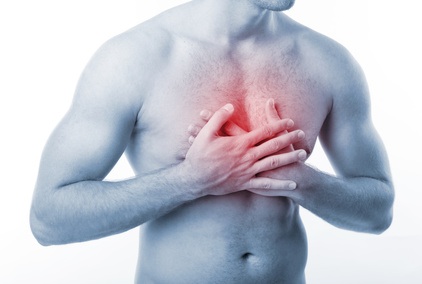Stop a Heart Attack
- About 600,000 people die of heart disease in the United States every year–that’s 1 in every 4 deaths.
- Heart disease is the leading cause of death for both men and women. More than half of the deaths due to heart disease in 2009 were in men.
- Coronary heart disease is the most common type of heart disease, killing more than 385,000 people annually.
- Every year about 935,000 Americans have a heart attack. Of these, 610,000 are a first heart attack. 325,000 happen in people who have already had a heart attack.
- Look in your kitchen cabinets and you will find a potent remedy for heart attacks called “Cayenne Pepper“.
Cayenne pepper also known as the Guinea spice, cow-horn pepper, aleva, bird pepper or, especially in its powdered form, red pepper—is a hot chili pepper used to flavour dishes.
Cayenne pepper can stop a heart attack in a few minutes.
Herbalist, Dr. John Christopher uses cayenne pepper to treat patients for heart attacks: “In 35 years of practice I have never on house calls lost one heart attack patient. The reason is that if they are still breathing– I pour 1 teaspoon of cayenne in a cup of hot water, and within minutes they are up and around, he states.”
NOTE:
The Cayenne pepper must be at least 90,000 heat units or 90,000(H.U.) to be able to stop a heart attack.
1, If the cayenne is at least 90,000 H.U. and the person is still conscious, the recommendation is to mix 1 teaspoon of cayenne powder in a glass of warm water (this is essentially a “cayenne tea”), and give it to the person to drink.
2. If the person is unconscious then the recommendation is to use a cayenne tincture or extract, again of at least 90,000 H.U., and put a couple of full droppers underneath their tongue full strength.
- The best form of cayenne pepper to use to stop a heart attack is cayenne pepper tincture (extract).
- It is best to keep a bottle cayenne pepper extract at hand.
- Cayenne pepper is renowned for its overall cardiovascular benefits and its ability as a natural blood thinner. It also strengthens and stimulates the heart, balances circulation and blood pressure, and calms palpitations.
Source: Centers for Disease Control and Prevention


















10 Comments